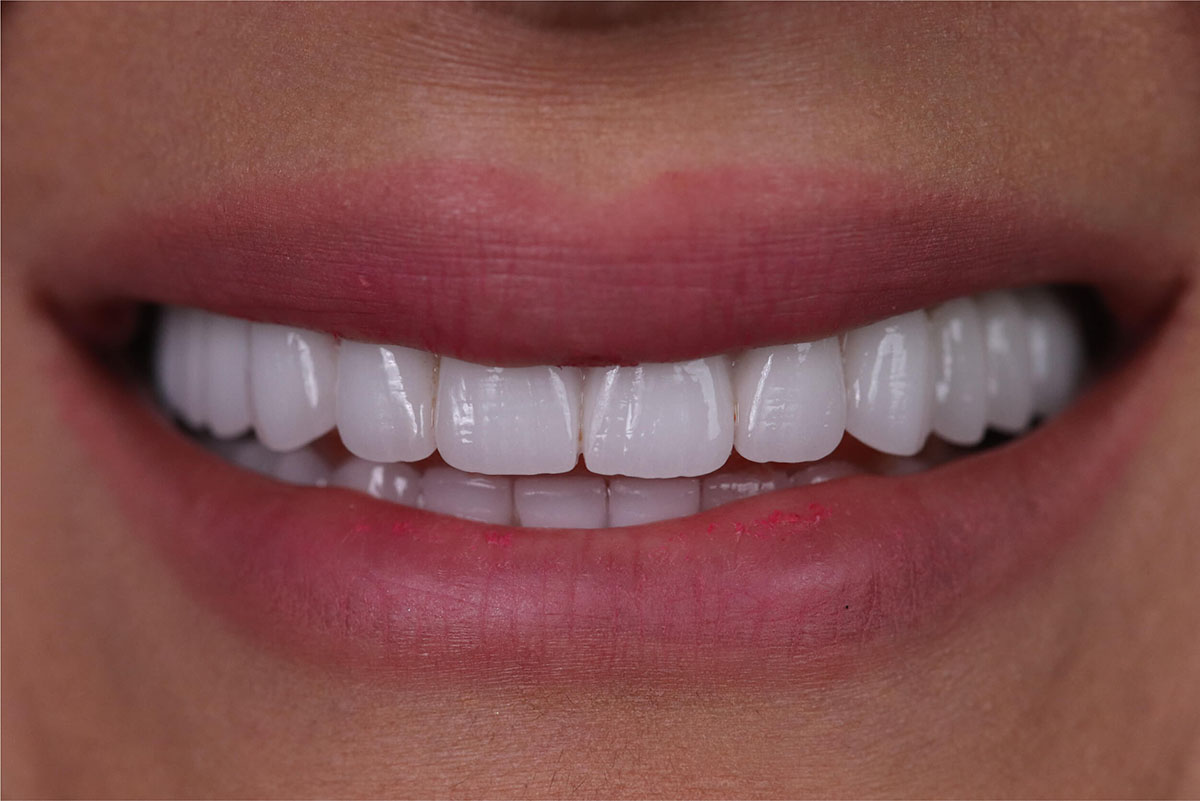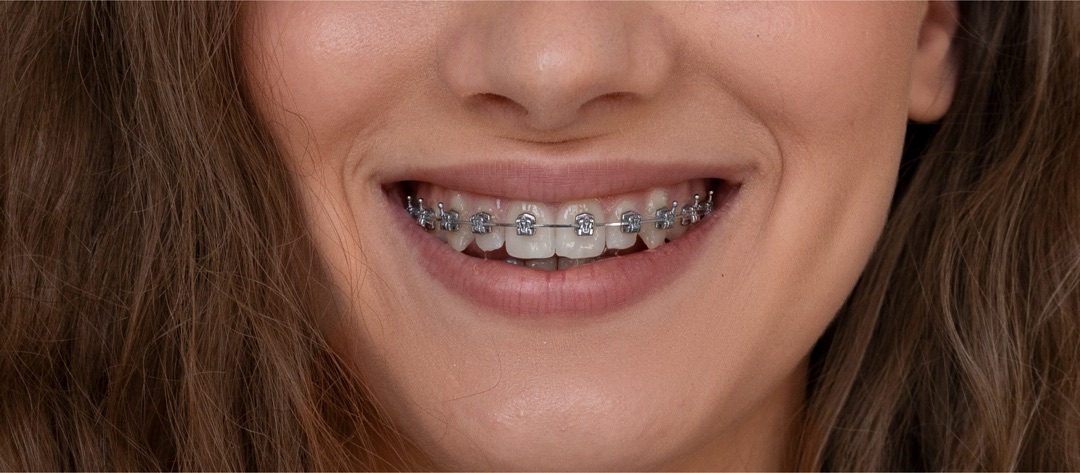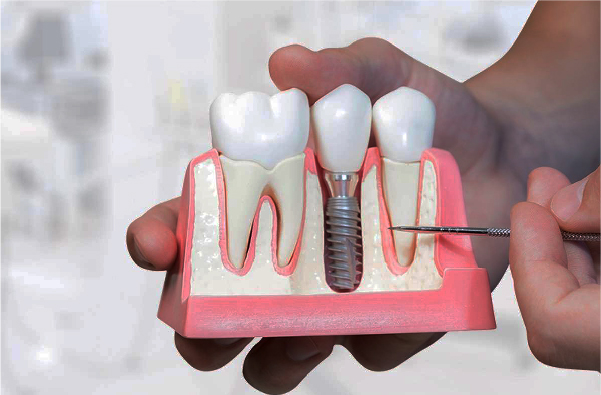Zirconium crowns: aesthetic and durable

Zirconia (or zirconium dioxide) is one of the most modern and durable materials used in dentistry for making crowns, bridges and veneers. It combines aesthetics and longevity, providing a highly natural appearance for teeth. ✔ Strength and reliability – zirconia is highly resistant to pressure and chipping, making it an ideal choice for molars. Modern dental technology allows for the restoration of teeth so naturally that they are indistinguishable from real ones. One of the most reliable and aesthetically pleasing materials is zirconia. Zirconia crowns are durable, safe and long-lasting solutions that provide comfort and a natural appearance. Zirconia crowns are restorations placed over a prepared tooth or implant. They offer high strength and natural translucency, making them look just like real teeth. 1. High strength and durability If you are looking for a combination of aesthetics, durability, and safety, zirconia is the best choice. It outperforms metal-ceramic options in terms of longevity and appearance, does not cause allergic reactions, and blends seamlessly with natural tooth enamel. 1. High cost 2. Increased hardness 3. Risk of chipping from impact or excessive pressure Schedule a consultation at our clinic, and we will help you find the best solution to restore your smile!Zirconia crowns: types, features, pros and cons
What is zirconia for teeth? zirconia teeth
Why Are Zirconia Teeth a Good Choice?
✔ Aesthetics – the material allows light to pass through, mimicking the natural translucency of enamel, so the crowns look as natural as possible.
✔ Hypoallergenic – zirconia is fully biocompatible, does not cause allergies, and does not irritate the gums.
✔ Longevity – with proper care, zirconia restorations can last 15–20 years.
✔ No darkening over time – unlike metal-based crowns, zirconia does not oxidize or leave dark spots on gums.Zirconia crowns: the perfect solution for a healthy and beautiful smile
Zirconia crown: beauty and strength in one solution
Advantages of zirconia crowns:
Zirconia crowns have exceptional strength, making them resistant to mechanical damage, pressure, and acid exposure. They are not prone to wear, chipping, or cracking, unlike traditional metal crowns.
2. Aesthetics and natural appearance
One of the main advantages of zirconia crowns is their natural appearance. This material is similar in characteristics to tooth enamel, and such crowns look very natural. They do not have a metallic shine and do not darken over time, which often happens with other types of crowns.
3. Biocompatibility
Zirconia does not cause allergic reactions and is completely safe for the body. It does not interact with the tooth or gum tissues, ensuring long-term oral health.
4. Minimal tooth preparation required
Unlike metal crowns, zirconia crowns require minimal tooth preparation, preserving the tooth's structure and reducing the risk of damage. This is especially important when placing a crown on teeth that have undergone significant decay.
5. Resistance to staining
Zirconia crowns do not absorb pigments from food and drinks, making them ideal for use on front teeth. Even after long-term use, they maintain their whiteness and translucency.Zirconia vs. metal: which one to choose?
Disadvantages of Zirconia Teeth
One of the main drawbacks of zirconia teeth is their high price. Compared to metal-ceramic crowns or titanium implants, zirconia is significantly more expensive.
Why is zirconia more expensive?
✔ Complex manufacturing process
✔ High-quality material
✔ Additional processing steps
Zirconia is a very hard material, which is both an advantage and a disadvantage. While it provides durability, its hardness can cause excessive wear on opposing teeth over time.
Although zirconia crowns are extremely strong, they can chip if subjected to a strong impact or excessive pressure.
Causes of zirconia chipping:
✔ Excessive pressure from chewing hard foods (ice, nuts, seeds).
✔ Facial injuries (falls, blows).
✔ Manufacturing defects – if zirconia is improperly processed, it may become less resistant to stress.
Additionally, if zirconia crown has a ceramic coating, this layer may chip over time, especially if the patient frequently consumes very hot or cold foods, which cause temperature fluctuations.








